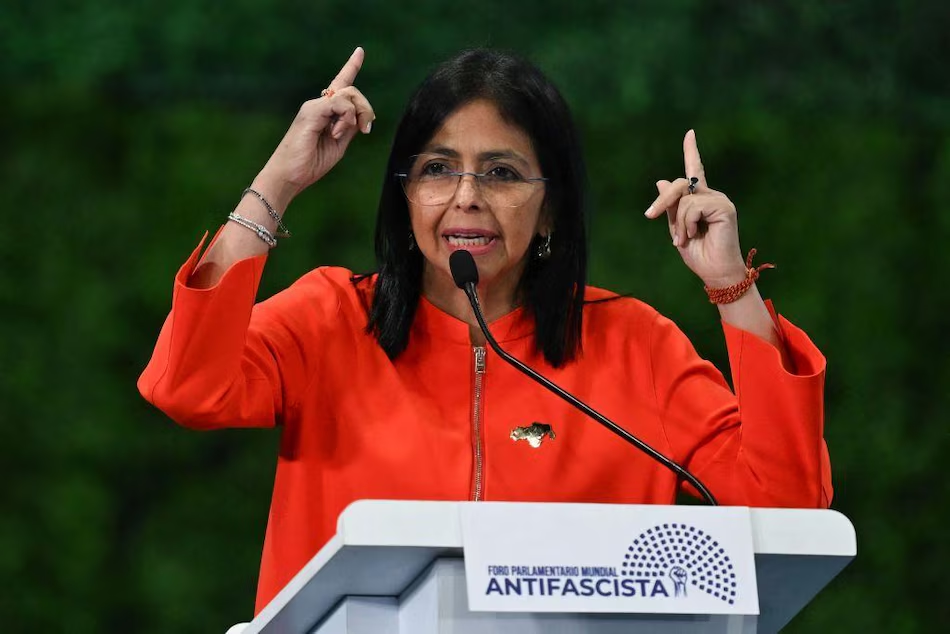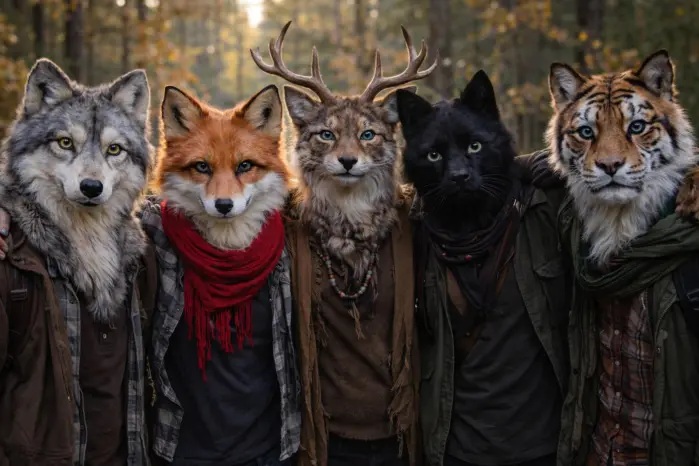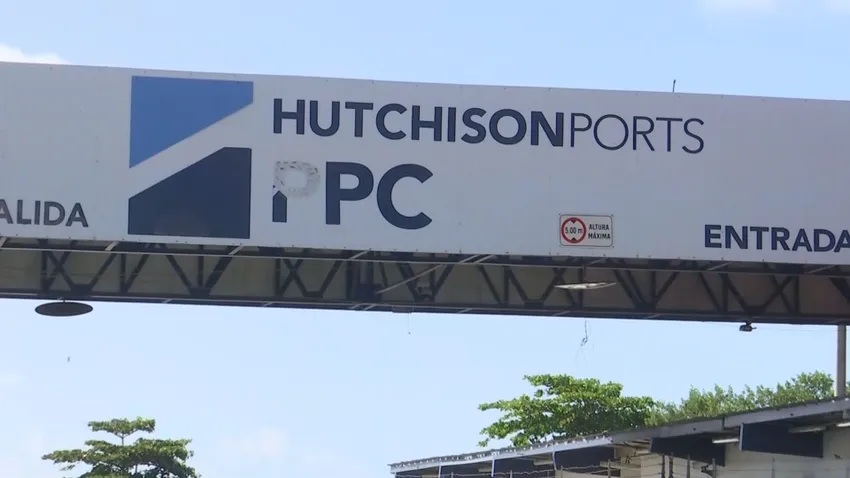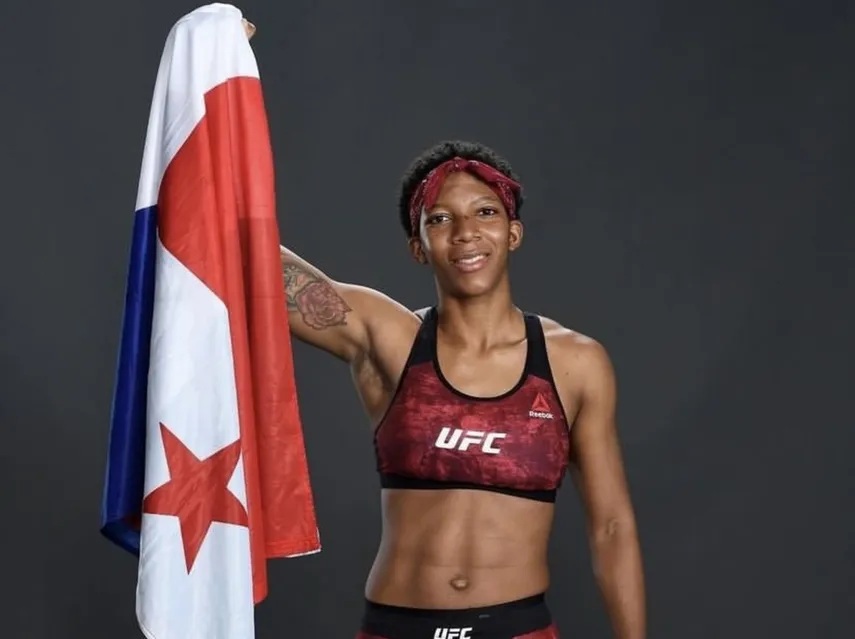Doyen of UK expats loses final battle


On Saturday, June 5, Richard Vizor, perhaps the best known English expat in Panama, died after a long battle with cancer.
For years fought courageously, against the Big “C” without complaint and always optimistically looking forward to the next Colonial lunch at Chalet Suisse which brings together “Colonials” from the British Commonwealth and even some representatives of the Colonies that Britain lost during the American War of Independence.
In 2007 while editing The Visitor (El Visitante) I interviewed him at his home where he was accompanied by a nurse giving him his latest injections against the disease.
Rather than write an obituary to the man I counted as a friend and advisor, I have decided to run the article which sprung from the interview which he read when in print and in his, quiet and meticulous way, was quick to point out its deficiencies. He forgave me. So here it is, a tribute to one whose presence at so many events will truly be missed.
A Man for All Seasons
Some years ago there was a story going the rounds about Murphy. He was the Irishman who constantly astounded his friends by the number of his high level contacts. Mention a name and Murphy knew him or her. Finally, exasperated by Murphy’s claim to know the Pope, Murphy and his friends journeyed to Rome. At the Vatican, to the astonishment of the group, Murphy was welcomed inside by the Swiss Guards. The group waited in the square. When the Pope appeared on the balcony, Murphy was by his side. As the crowd clapped an American tourist asked the group: "Say. who’s that Guy with Murphy?"
 The story comes to mind whenever I meet Richard Vizor, the British doyen of expats, who has lived in Panama for over 30 years.
The story comes to mind whenever I meet Richard Vizor, the British doyen of expats, who has lived in Panama for over 30 years.
During that time he has amassed a volume of friends and acquaintances that have made him the contact man par excellence for the expat community, and many business entrepreneurs.
His first contact with the Isthmus was in 1964 when, serving in Britain’s Merchant Navy, he traveled through the Canal. Ten years passed before he returned, but not before his first experience of a major civil confrontation while working in Indonesia, no longer a sailor.
Accompanied by an Australian Journalist in search of pictures and a story, he became trapped between a mob of machete weilding protestors and a group of Government supporting army tanks. He had to practice all of his developing negotiating skills to get out of the predicament.
The episode, and succeeding events, became the subject of "A Year Living Dangerously" a book by the Australian which later became a film.
From Indonesia, where he contracted an infection leading to hearing loss, his British multi-national employers transferred him to Panama in 1974. He quickly rose to become sales and marketing director for the Caribbean, before adding Latin America to his territory, giving him an insight into business and political networks over a vast area.
Meanwhile, in 1975, he married a Panamanian and gained access to another circle of opinion leaders.
All of this fed into his decision to remain in Panama when, after six years, his company planned to move him to Head Office, in London.
He set up his own company focusing on importing and distributing goods of all descriptions.
The business thrived in spite of some occasional bumps like the American invasion of 1989, which he witnessed from his home in the exclusive La Cresta community of Panama city.
After the invasion when John Le Carré arrived in Panamá to research his book The Tailor of Panama, it was to Richard he turned for help for introductions to people who knew, and would talk about, some of the murkier events leading up to fall of Noriega.
Meanwhile his social and sports life blossomed. Always a strong competitor in individual sports he reigned as Panama’s squash champion, played a mean game of tennis, white water rafted, sky- dived, competed in yacht races and still made time to play chess and read.
He remains active in over 50 clubs and societies and was instrumental in founding one called simply "The Club" with 50 influential business members, who meet for conversation, pool and social events.
He has also plays a prominent role in the British Colonial Luncheon group and the Panama British Business Association.
While in many ways he has had a charmed life he has also faced some major physical problems, which he fought and overcame.
After his ear problem, an accident led to tropical conjunctivis and left him virtually blind for two years. The final blow was in 2000 when he was diagnosed with cancer and went through chemotherapy, radiation and a series of major operations.
He closed his business and became what he calls a "British cop" acting as a consultant negotiating business transactions between often disparate, operators.
After defeating the big C, he planned to return to some of his sporting activities but was grounded again by the need for a hip replacement.
Hampered while waiting for surgery, he became as the point man for the Panama Broadcasting Corporation, in partnership with Gerry Dowden.
What does Panama mean to him? "It’s a land of opportunity with no racism. It’s the place to be".
He has proved that in manys ways, and is perhaps one of the best known and least heralded of Panamanian residents, who has spent a lifetime flying under the radar and beating the odds.
{jathumbnail off}





